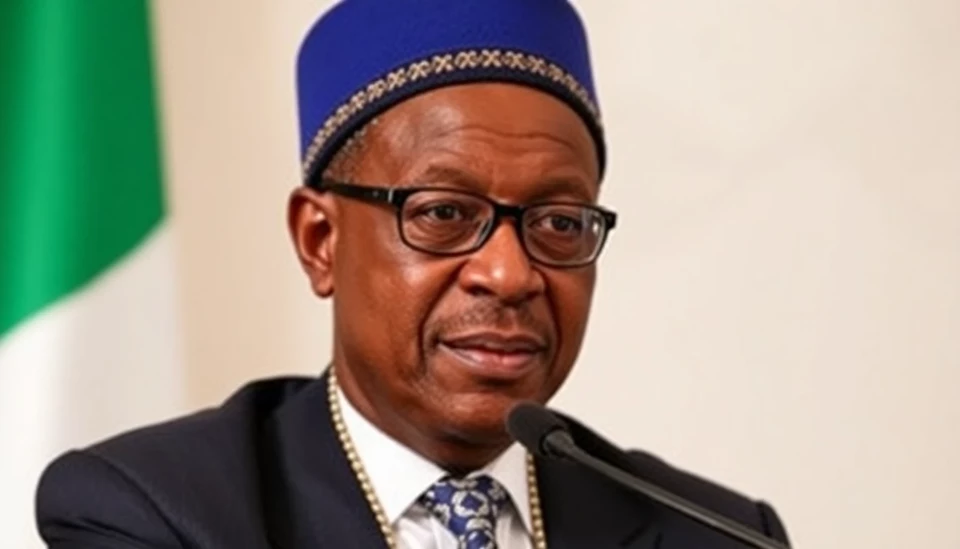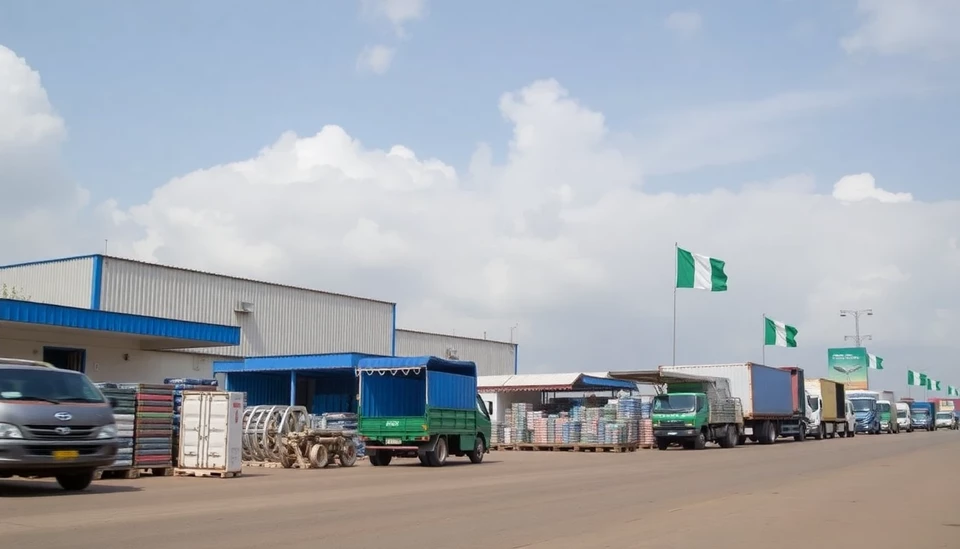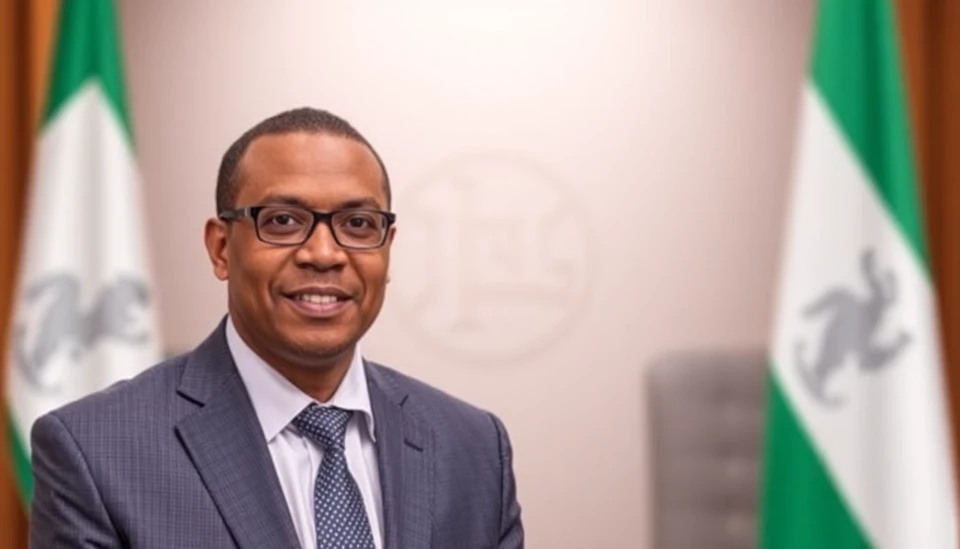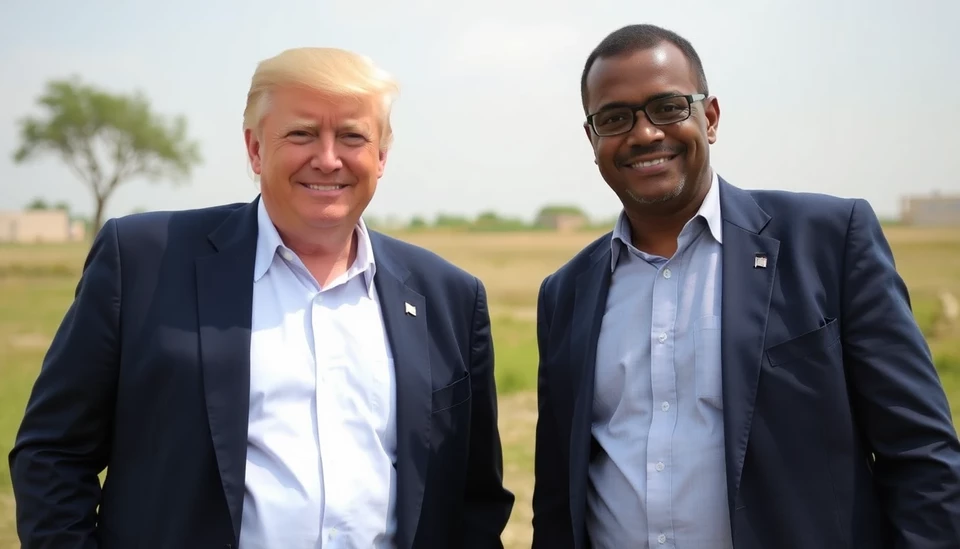
In a striking display of fiscal policy divergence, Nigeria finds itself isolated as numerous African countries choose to disregard the effects of tariff-related foreign exchange interventions. This situation is primarily rooted in Nigeria’s struggle with inflation and fluctuating currency rates, which have considerably affected the naira, the country's official currency.
As Nigerian officials grapple with the ramifications of this monetary policy approach, they have opted to intervene in foreign exchange markets—including implementing tariffs to stabilize the local currency. However, this strategy has met with limited success, leaving the country at a competitive disadvantage compared to its African counterparts.
Economically, Nigeria is experiencing a unique predicament. As the country hopes to bolster its financial defenses against the rising tide of inflation, much of Africa is either already implementing or preparing for effective monetary policy adjustments that do not prioritize similar interventions. This has led to patterns of divergence wherein other nations continue to maneuver without resorting to tariffs exacerbating currency issues.
Several African nations, noting Nigeria's struggles, have strategically chosen to ignore the tariff-induced pressures to intervene in their own foreign exchange markets. As Nigeria's foreign exchange policies come under increasing scrutiny, regional players are seizing the opportunity to either fortify their own currencies or employ alternative strategies not reliant on interventions.
The implications of Nigeria's solitary stance are significant. Analysts suggest that while Nigeria attempts to manage volatility through tariffs, it may inadvertently alienate itself from potential trade partners, thus curtailing economic progress. Meanwhile, other countries are optimizing their fiscal maneuvers, focusing on fostering an environment conducive to investment and economic stability without resorting to similar tactics.
Looking forward, experts are now debating whether Nigeria can pivot its strategy effectively to align with other African nations or whether it will continue on its current isolated path. As the continent seeks to build stronger economic ties, Nigeria's approach may need a reassessment to avoid being left behind in an increasingly competitive global economy.
The landscape of African finance is evolving, and Nigeria's experience serves as a cautionary tale about the long-term impacts of unilateral tariff interventions on foreign exchange stability. While the scene shifts around it, the pressure mounts for Nigerian policymakers to adapt their strategies or risk losing relevance in the broader economic narrative of Africa.
#Nigeria #Economy #ForeignExchange #Tariffs #AfricaEconomy #Naira #Inflation #FinancialPolicy #CurrencyIntervention #EconomicDivergence
Author: Rachel Greene




